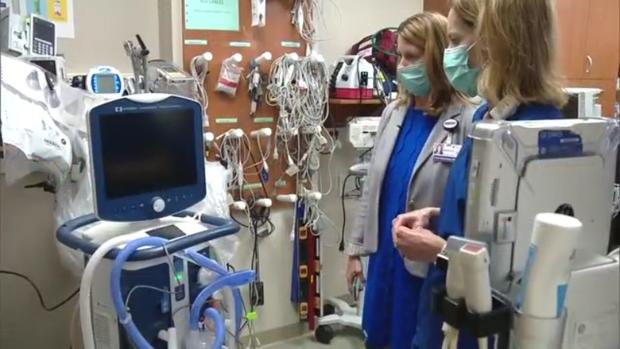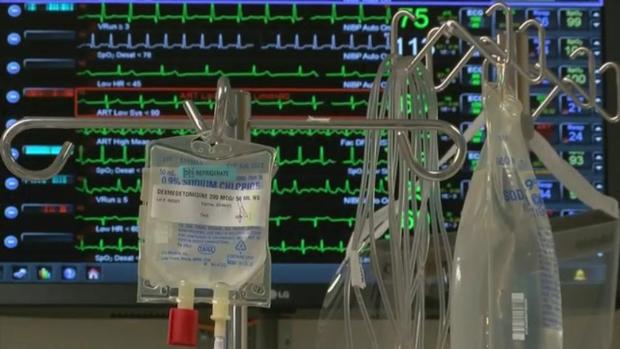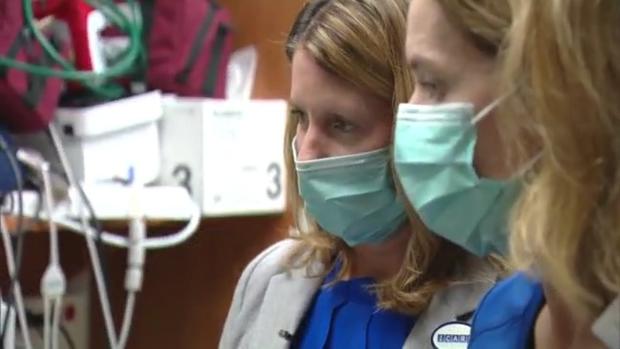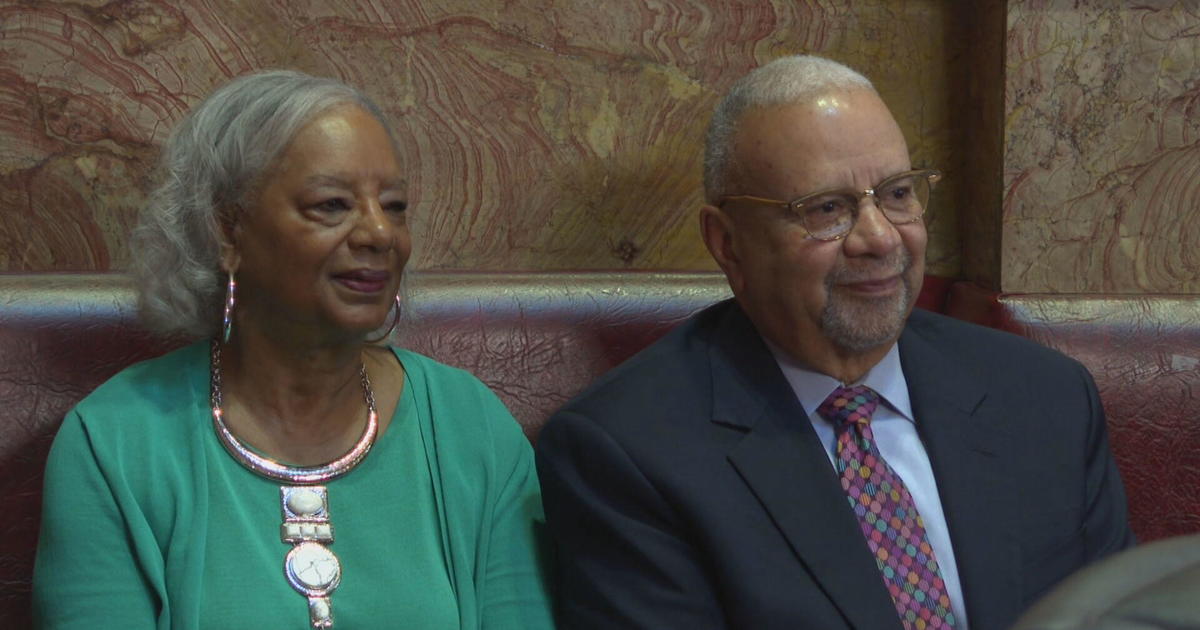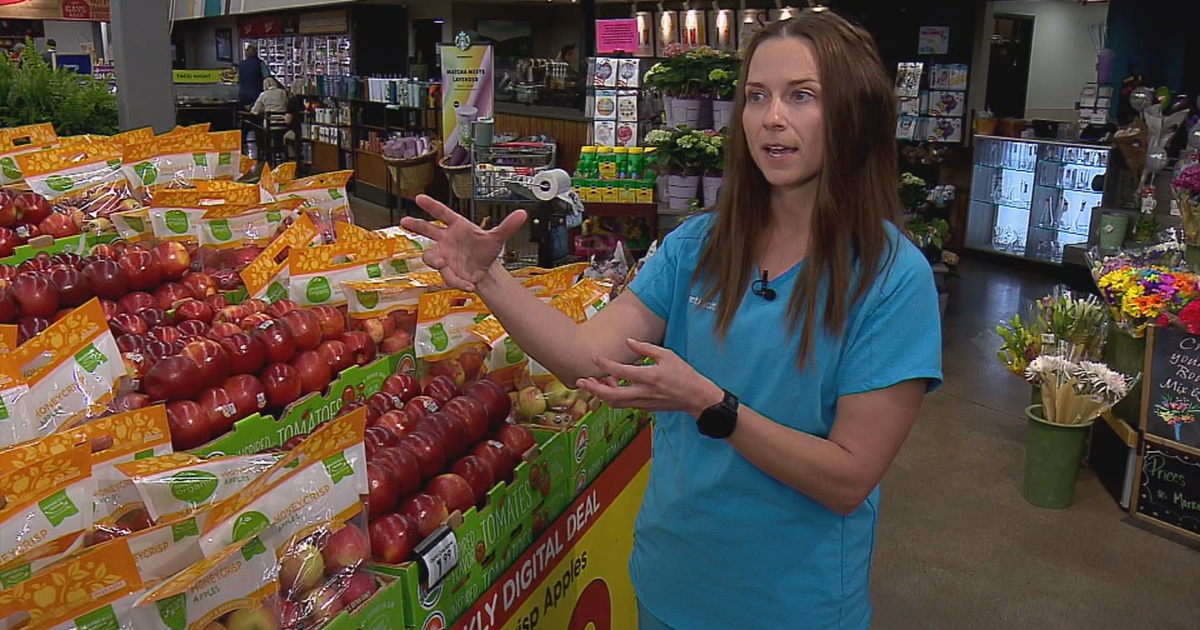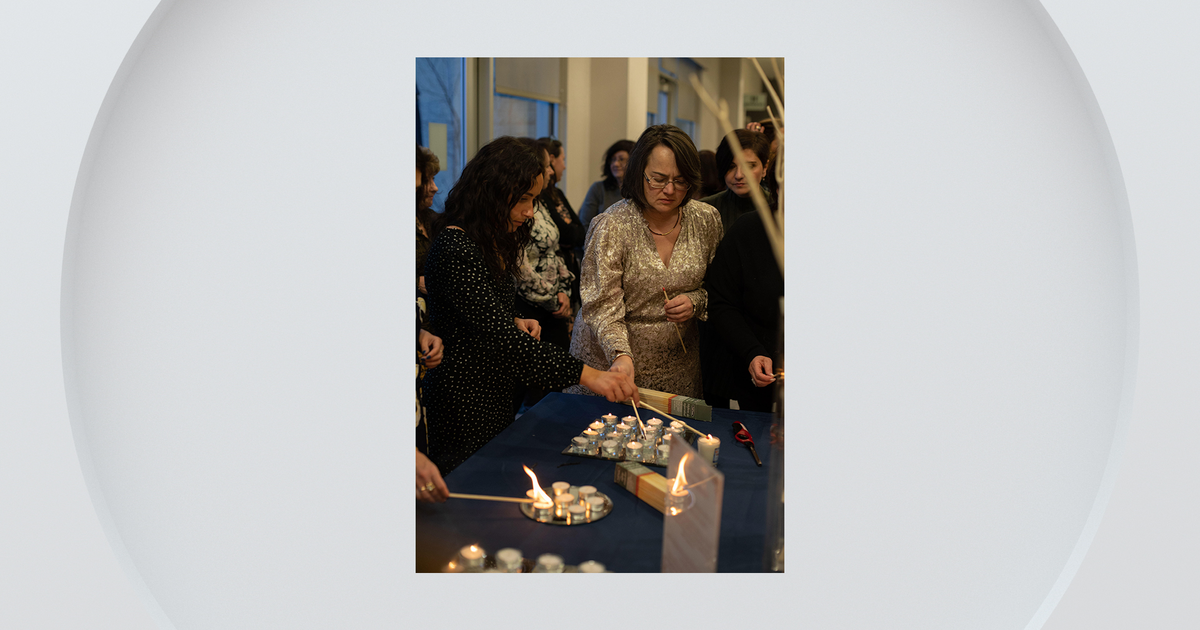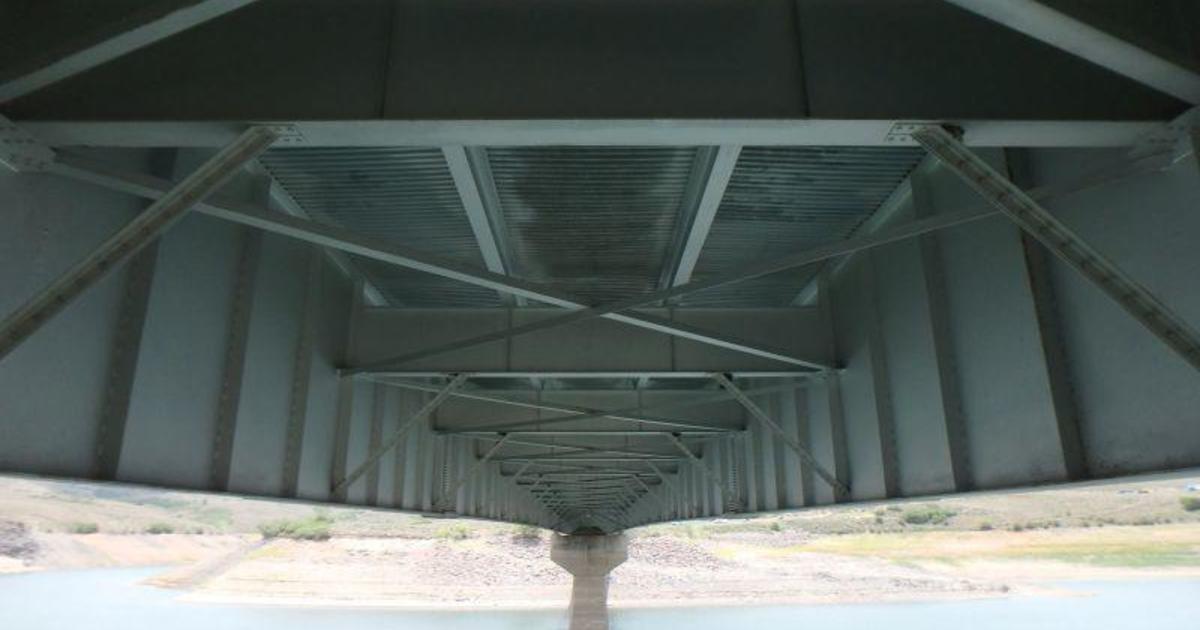Colorado Health Care Leaders Look Back At Burnout, Staff Shortages & Other Challenges COVID's Longevity Created
DENVER (CBS4) - March 5 marked two years since the first case of COVID-19 was reported in Colorado, and while the virus is still very much a part of our lives, some experts are hopeful the shutdowns and major surges are a thing of the past. Part of that is because of the sacrifices and lessons learned by our health care workers.
Throughout the COVID-19 pandemic, Laura-Anne Cleveland has seen it all at Rocky Mountain Hospital for Children, but two years later, she says little compares to early on.
"It was ever changing every moment," said Cleveland, associate chief nursing officer. "How do we get supplies, what's the right mask to wear, what's the right cadence and how do you go into these rooms?"
Later, COVID's longevity created more challenges, such as staffing and burnout. They're issues that eventually brought Hollie Seeley to South Florida for a week amidst the delta variant surge of 2021. The then-COO of Rose Medical Center was officially back on the front lines.
"I did everything from helping with performance improvement to spending a whole day unloading supplies for the ER," said Seeley, CEO of North Suburban Medical Center.
"We've all been asked to do different things, and for those of us that are choosing health care, and especially leadership, being able to get our hands dirty and actually make a difference felt really good."
For Seeley, that task paled in comparison to looking out for her own staff. She calls it among the biggest challenges over the past two years, as well as the place leadership has the most lessons learned.
"As leaders, I think that was the thing we could impact the most, was making sure they have the supplies they needed, the information they needed, and then the support," Seeley said.
For staff, the biggest glimmer of hope was getting vaccinated, an effort Laura-Anne Cleveland coordinated. At the time, she worked as the hospital's incident commander and went on to coordinate several other clinics for the public as well.
"We felt like it was perhaps the beginning to the end of this pandemic," Cleveland said.
It's a hope that hasn't proved quite true, as new waves and variants continue to test health care workers.
"We've been waiting for the next one, and it hasn't come," Cleveland said. "It has changed how I feel about this virus because I can do something."
Still, Cleveland believes those still working are more protected and prepared than ever.
"I think what we've learned from it is we're more resilient than we think we are, and we can do more than we probably ever thought we could," she said.
